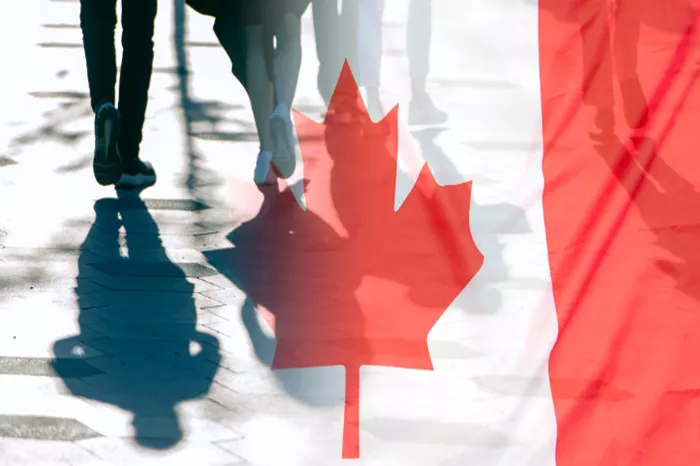Human Rights Watch (HRW) has called for the abolition of immigration detention in Canada, citing its failure to properly protect individuals with mental disabilities. The organization highlighted a specific case in which a man, unable to communicate due to mental illness, was represented at immigration hearings for two years by a contracted representative who never made any attempt to communicate with him.
In a 2018 external audit of Canada’s immigration detention system, serious concerns were raised about how the designated representative system fails to accommodate detainees with mental health issues. The case referenced by HRW involves a man who, for the final three years of his detention, was in a catatonic state. Despite this, his designated representative attended 23 hearings without contacting the man’s family or his lawyer, and repeatedly claimed that there were no alternatives to detention.
The Immigration and Refugee Protection Act allows for the detention of permanent residents or foreign nationals only if they are considered flight risks or a danger to the public. The audit questioned why the designated representative never argued that the man was neither a flight risk nor a danger to the public.
Designated representatives are appointed by the Immigration and Refugee Board (IRB) for individuals who cannot understand the nature of immigration proceedings. If the detainee has no family or friends to represent them, a contracted representative is appointed. These representatives are required to act in the best interests of the detainee, ensuring their rights are protected during interactions with the IRB.
The audit also revealed that the presence of designated representatives gave the Immigration Division (ID) false assurance that detainees with mental illnesses were being adequately represented, despite evidence to the contrary.
While Canadian provinces ended the practice of immigration detention in March, the Canada Border Services Agency (CBSA) continues to detain individuals at the federal level. Given Canada’s recent commitment to strengthening border security in response to concerns over migration, it remains uncertain whether the federal immigration detention system will be abolished.
Related topics:
- Why Ideological Vetting of Immigrants is a Dangerous Idea
- Keir Starmer: Tories’ ‘Open Borders Experiment’ Exposed by Record Migration Figures
- Michigan Immigrant Rights Groups Brace for Trump’s Mass Deportation Plans


